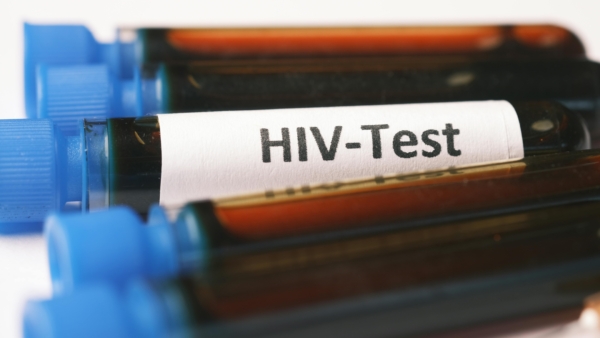
Disclosure of HIV status in public law care proceedings
Disclosure of HIV status in public law care proceedings: the court’s approach to the inextricable link between one party’s right to privacy and another party’s right to fair trial
Summary:
In this law report, Darnell Lawrence, intern at Wilson Solicitors LLP and Alexandra Wilks, Senior Associate in Family Department, review the case of London Borough of Barking & Dagenham and (1) RM (2) LS (3() The Children (via Guardian), which was a case which, on appeal, came before the President of the Family Division, Sir Andrew Macfarlane, in March 2023.
During the course of care proceedings, the court had to grapple with a thought-provoking and finely balanced analysis of a mother’s article 8 rights to privacy and the fathers right to information in proceedings relating to the welfare of their children.
The need for care proceedings initially arose due to concerns about the mother’s alcohol use whilst the children were in her care.
During the care proceedings, an issue emerged as to whether the mother’s HIV positive status should be disclosed to the father. The mother had been HIV positive since birth, having inherited the condition from her own mother. Her condition had been treated positively for some time and was managed well by her use of anti-viral medication and regular testing. The children, who were not HIV positive, had from time to time, been tested, albeit the father was not aware. However, in October 2022 during the proceedings, it was considered the mother’s HIV status should be disclosed to the father. This issue was then considered on appeal before the President.
The starting point arose from the mothers right to her private life under Art.8 of the European Convention on Human Rights. The court noted the highly personal nature of the mother’s medical information, and that this should attract substantial weight. There was also recognition of the mother’s justifiable fears of the consequences of the father learning of her HIV positive status and how he would respond to this, and in particular her fears as to how this information may be perceived and treated in her wider community.
The court noted the approach to be taken before the enactment of Human Rights Act, in Re D (Minors) (Adoption Reports: Confidentiality) [1996] AC 593 in which Lord Mustill stated;
‘Non-disclosure should be the exception and not the rule. The court should be rigorous in its examination of the risk and gravity of the feared harm to the child and should order non-disclosure only when the case for doing so is compelling.’
At that stage, the focus was on the interests of the children, however In Re B (Disclosure to Other Parties) [2001] 2 FLR, Munby J enumerated principles to be considered in balancing the interests of all parties, but essentially noted:
“Non-disclosure can be justified only when the case for doing so is….’compelling’ or where it is…’strictly necessary’ “.
In this case, the court took a pragmatic approach and concluded that the information relating to the Mother’s HIV status had to be disclosed to all parties, including the Father. The court’s reasoning on this matter goes to the children’s welfare and whether the information was ‘relevant’ and material to the care proceedings.
On balance it was considered this was relevant information which needed to be shared with the father, who held parental responsibility for the children. He would therefore have to be involved in monitoring the HIV status of his children, in case they were to be HIV positive. The court also noted the need for the mother’s health to be protected by way of regular monitoring and regular taking of her medication. The judgment does however highlight that had this information not been considered as ‘relevant’ then the mother’s right to privacy would have taken precedence.








